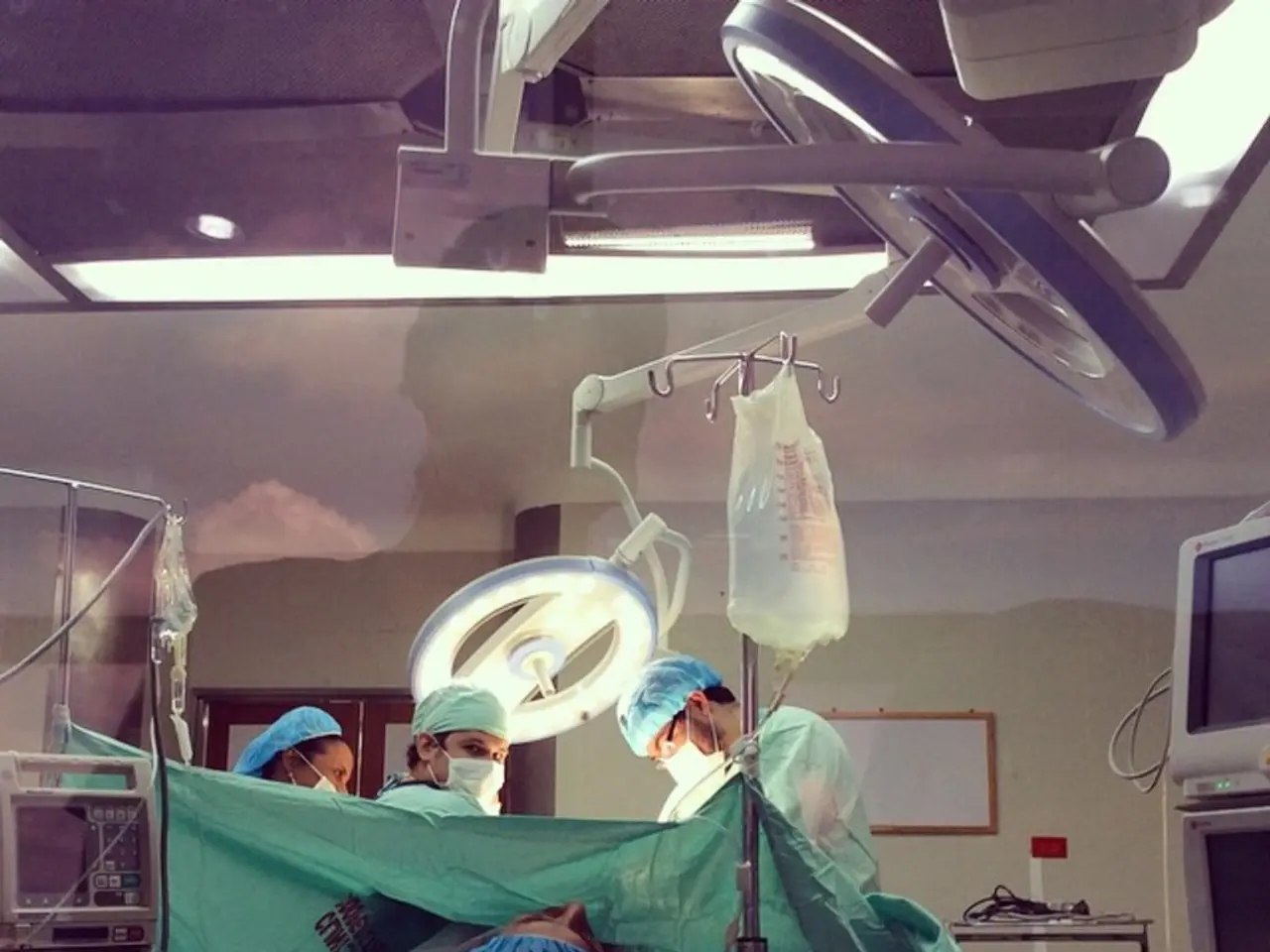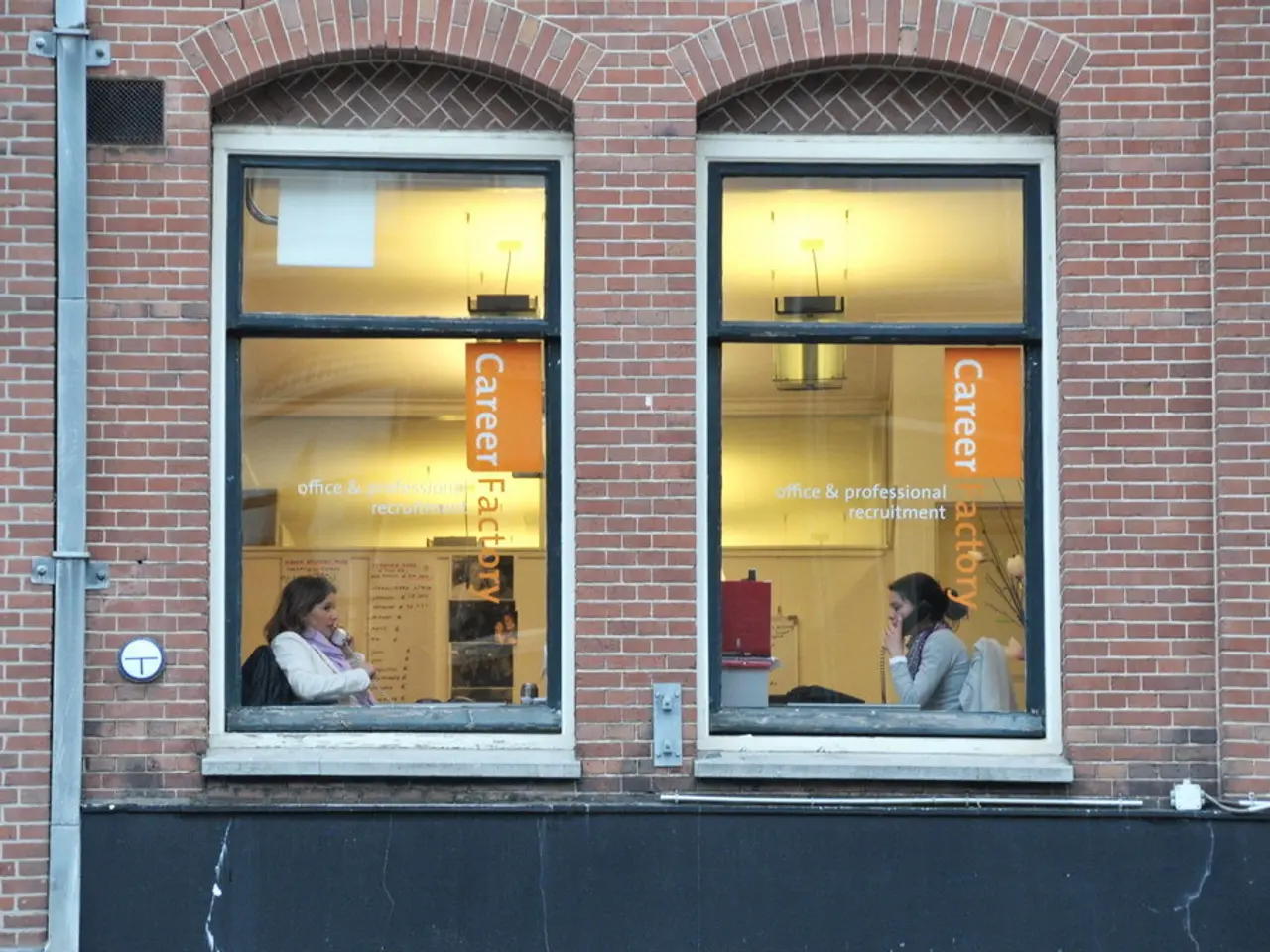Medical technology company Inovus Medical introduces two fresh additions to their LapAR platform for general surgery procedures.
Inovus Medical, a global leader in surgical training technologies, has announced the launch of two new laparoscopic surgical simulation models: the Mesocolic Dissection Model and the Cholecystectomy Model, for its LapAR platform. These latest additions are set to revolutionize surgical training, particularly for those specializing in colorectal and gallbladder surgeries.
## Overview of the New Models
### Mesocolic Dissection Model
The Mesocolic Dissection Model is designed with colorectal surgical training in mind, representing the descending/sigmoid colon. This model facilitates the practice of mesocolic dissection, a crucial step in colorectal surgery, allowing surgeons to simulate the precise dissection of the mesocolon. The model offers a realistic tactile experience, enabling trainees to feel the resistance and texture of the simulated tissues, and provides immediate feedback on technique, helping surgeons refine their skills.
### Cholecystectomy Model
The Cholecystectomy Model, on the other hand, is designed for gallbladder surgery training. It simulates the laparoscopic cholecystectomy procedure, enabling surgeons to practice the safe removal of the gallbladder while minimizing risks to surrounding structures. Similar to the Mesocolic Dissection Model, the Cholecystectomy Model provides a lifelike experience of performing a gallbladder surgery, with feedback on dissection and instrument handling techniques.
## Benefits
1. Enhanced Training Experience: Both models offer a controlled environment where surgeons can repeat procedures multiple times to improve their skills without risk to patients. 2. Reduced Complications: By practicing complex surgeries in a simulation setting, surgeons can reduce the likelihood of complications during real operations. 3. Cost-Effective: Simulation models are generally more cost-effective than traditional training methods that require live tissue or human subjects. 4. Personalized Learning: These models can be adapted to various skill levels, allowing for personalized training experiences tailored to individual surgeons' needs.
## Impact on Surgical Training
The introduction of these simulation models by Inovus Medical is poised to elevate the standard of surgical training. By providing realistic and immersive experiences, these models can help surgeons develop the precision and confidence needed for complex procedures like mesocolic dissection and cholecystectomy. This technology supports the ongoing shift towards more effective and patient-centered surgical education.
Dr Elliot Street, CEO and co-founder of Inovus Medical, stated that these new modules focus on high volume procedures critical to general surgical resident training. He expressed pride in equipping the next generation of surgeons with the skills they need to perform these procedures with confidence and improve patient outcomes.
With these new models, surgeons can track their training as they work to achieve skills mastery. On the Mesocolic Dissection Model, surgeons can identify, ligate, and cut the inferior mesenteric artery and vein, practice key skills for carrying out anterior resections, left hemicolectomies, and sigmoid colectomies. The Cholecystectomy model, meanwhile, enables users to dissect Calot's triangle, clip and divide the cystic duct and artery, and complete a full gallbladder removal from the liver plate.
Both models are designed for safe and controlled training environments. The Cholecystectomy Model facilitates a full gallbladder removal from the liver plate, while the Mesocolic Dissection Model allows trainees to practice skills transferable to large colon resections.
In conclusion, the new simulation models by Inovus Medical are set to revolutionize surgical training, providing surgeons with the opportunity to practice complex procedures in a safe and controlled environment, ultimately leading to improved patient outcomes.
In these new simulation models by Inovus Medical, surgeons specializing in colorectal and gallbladder surgeries can benefit from health-and-wellness enhancements through realistic practice with the Mesocolic Dissection Model and the Cholecystectomy Model. By incorporating these models into their training regimen, they can foster precision and confidence while minimizing risks, leading to better patient health and potentially improved medical-conditions outcomes. Additionally, fitness-and-exercise can be indirectly improved through the development of fine motor skills and increased surgical efficiency achieved through the use of these simulation models.




